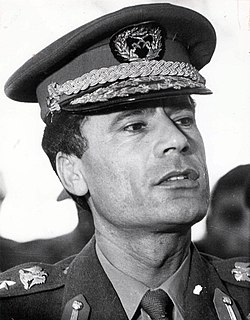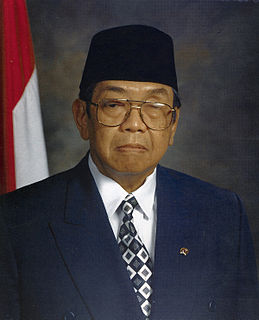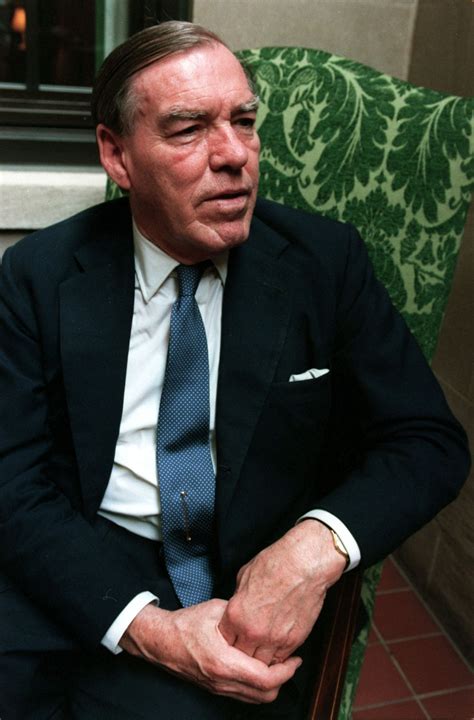A Quote by Hooman Majd
There has always been a confusion in the West about -Islam and about the Middle East and the assumption that the countries are Arab. Iranians very much object to that. They are very proud of their own history, but they have this real inferiority-superiority complex thing about the Arabs and the position of Islam in Iran. One of the reasons why Shi'a Islam is so entrenched in Iran is because it has allowed the Iranians to distinguish themselves from the Arabs, who are mostly Sunni.
Quote Topics
Related Quotes
The Saudis are so happy. People don't understand, the Saudi Arabian government - kingdom - hates Iran. They're scared to death of Iran. That's Shi'a versus Sunni Muslim, and the Iranians are Persians. They're not Arabs. So it's a double whammy. There is no love lost, and the Saudis have been petrified over Barack Obama's peace dance and nuclear dealings with the nation of Iran. They are ecstatic to have Donald Trump.
When I was growing up, we often heard Islam in the form of a slogan: "Islam is the solution," but no one ever told me that Islam can be a burden... Very few Muslims write about Islam creatively because I don't think we're given permission to. I think that's the bane of modern Islam. It's been reduced to slogans.
The Iranian people were converted to Islam not very much longer after the conquest of the Arab world by Islam, but they refused to adopt the Arabic language, and it's a great point of pride to them that Persian culture and the Persian language and Persian literature survived the conversion to Islam. And the conversion to Islam also was for most of them not the Sunni majority form, but the Shia one. So there's a great discrepancy between Iranian society and many other of what we think of as Arab Muslim States and systems.
It is very easy to make wild generalizations about Islam. All you have to do is read almost any issue of The New Republic and you'll see there the radical evil that's associated with Islam, the Arabs as having a depraved culture, and so forth. These are impossible generalizations to make in the United States about any other religious or ethnic group.
I think Islam has been hijacked by the idea that all Muslims are terrorists; that Islam is about hate, about war, about jihad - I think that hijacks the spirituality and beauty that exists within Islam. I believe in allowing Islam to be seen in context and in its entirety and being judged on what it really is, not what you think it is.
300 years after the rise of Islam there were Zoroastrians in Iran. The Muslim armies never forced people to accept Islam. It was only within Arabia that God ordered the idolaters to have a choice of either embracing Islam or fight against Muslims, because He wanted to remove this terrible idolatry that exited there. But outside Arabia where Islam met Christians, Jews, Zoroastrians and Hindus, they were given a choice by and large. That's why many Christians and Jewish communities survived in the Muslim world, but gradually many of them embraced Islam for different reasons.
The Iranian government has become pretty open about the drug problem in recent years. Opium use is a very traditional, cultural thing in Iran, so the government is actually more open about it than they are about some of the other ills in society. They just don't want to talk about things that might relate to a Western lifestyle even though they know that Iranians indulge. Because there is no real public life left in Iran - people go and have dinner and then everything retreats behind these Persian walls.
Political correctness is a major defect of the western ethos. Some Western countries have even passed blasphemy laws that would put you in legal hot waters if you say anything negative about Islam. This means that the truth about Islam cannot be said but Muslims are given total freedom to spread their religion with lies. Islam thrives were truth is suppressed. That is one reason that westerners convert to Islam. They are lied to. How do you expect a society to survive when truth is banned and lies are allowed?































